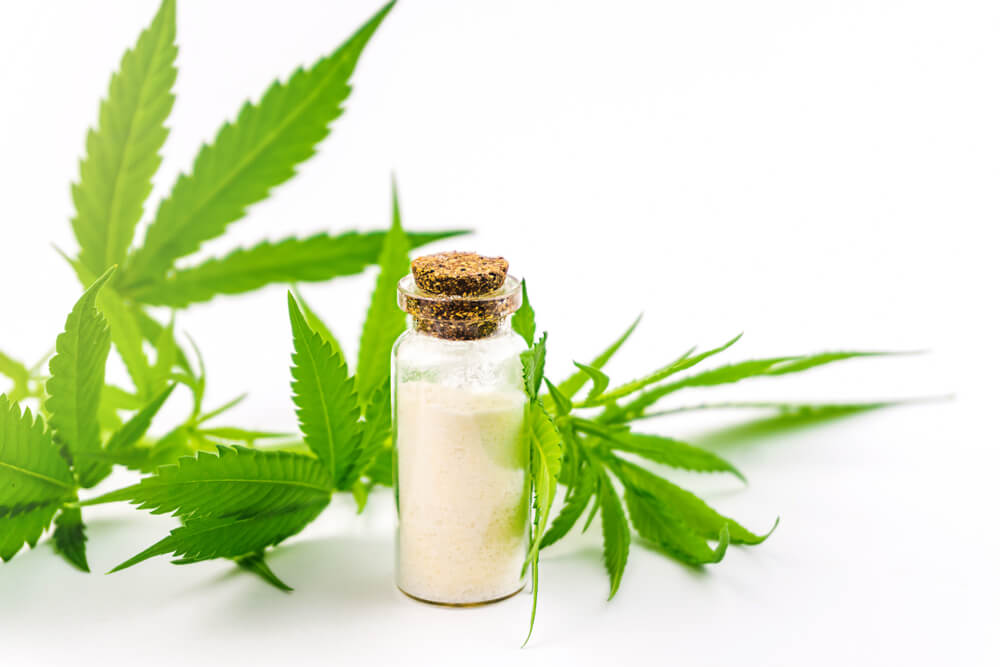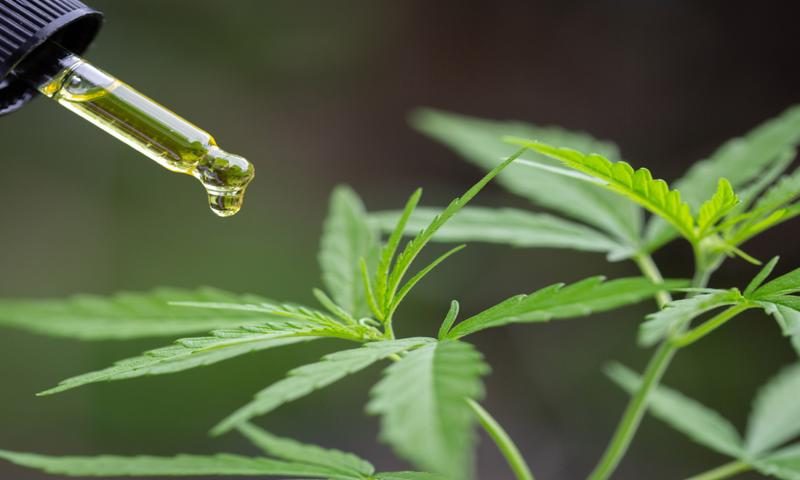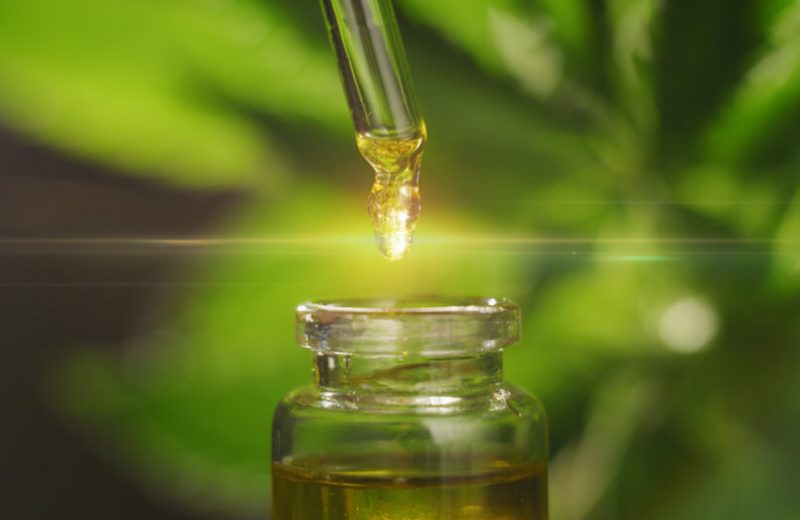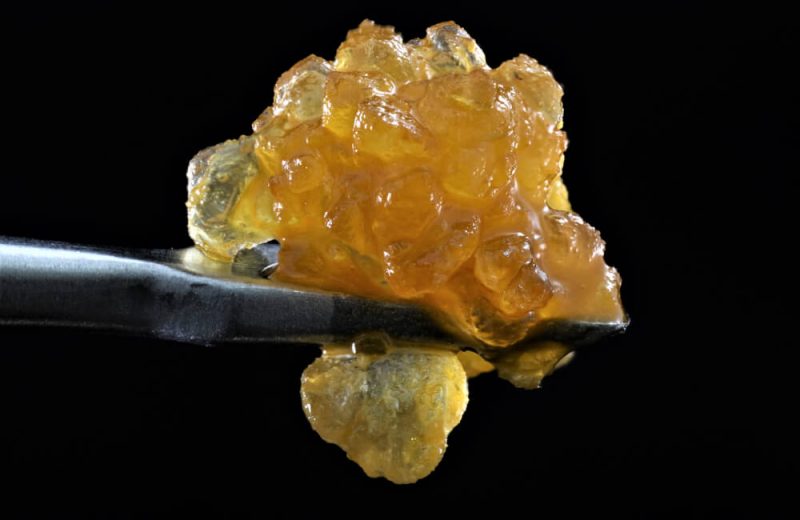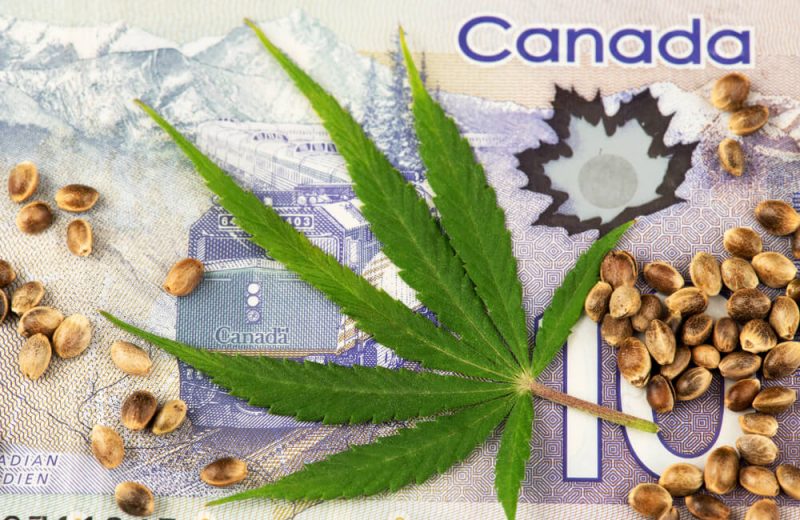The ratification passage of the 2018 Farm Bill, which made industrial hemp legal, made it very clear that CBD and other hemp-based products aren’t going away. The industry would only continue to grow, and the market would continue to expand. By 2024, it’s estimated that the CBD market will surpass USD$20 billion in the U.S.
Hemp belongs to the same family as marijuana, but with lower THC (tetrahydrocannabinol), the chemical compound that makes you high. Thanks to the Farm Bill mentioned earlier, hemp no longer belongs among the highly illegal Schedule I drugs. The passage of the Act means that restrictions on its commercial sale and cultivation have been removed.
Moreover, it also means that scientists could now research the plant and its more popular yields, like CBD, more freely. This made it possible to expand the CBD market and other notable advancements in the CBD industry.
CBD And Its Potential Advancements
CBD (cannabidiol) is among the more than one hundred cannabinoids found in the cannabis plant. It’s non-psychoactive, meaning it won’t make you high. This particular cannabinoid is extracted mainly from hemp, which is bred specifically to have a higher CBD yield. By law, CBD products shouldn’t contain more than 0.3% of THC.
In the 1990s, scientists discovered an entirely new system in the human body: the ECS (endocannabinoid system). This system is in charge of regulating many central nervous system functions, including maintaining homeostasis (the stability of your bodily systems). The ECS has a combination of enzymes, cannabinoid receptors, and endocannabinoids that aid the optimal function of your body’s other systems.
It turns out that endocannabinoids, which were first discovered in marijuana plants, are also naturally produced by the body. Cannabinoids, such as CBD, THC, and others, interact with receptors found in ECS. These interactions can have desirable effects, like reducing anxiety or pain, and undesirable effects, like anxiety and paranoia. As there are many cannabinoids, much more research is still needed to determine the impact of these other cannabinoids.
As the laws are relaxed regarding cannabis, more research and studies can be done on cannabis and its by-products. Advancements like these could accelerate knowledge regarding the effect on health and potential benefits of the plant for treating medical conditions. These conditions could include multiple sclerosis, chronic pain, mitigation of the adverse side effects of chemotherapy, and many others that haven’t been studied yet.
The CBD industry has expanded substantially in the last few years. As the political climate remains favorable, changes that could remove legal barriers for more clinical trials and exhaustive studies on cannabis will result in significant advances in the CBD industry. However, despite legal obstacles and regulatory restrictions on CBD, several notable advances have occurred.
Key Advancements In The CBD Industry
Even with governmental regulations, the industry has still made notable advancements over the years, thanks in part to various cutting-edge technology. If you follow this site, you can read more about these advancements, especially water-soluble CBD. This and other advances are discussed below.
-
Increased CBD Bioavailability
Your body can absorb only about 20% of the CBD you take, whether in edibles or oils. The body simply removes the rest as wastes. This is because CBD in oil form isn’t water-soluble.
However, there’s a technique called nanoencapsulation that addresses this issue. It works by reducing the size of CBD molecules to nanoparticles, making the absorption of CBD into the bloodstream much quicker.
Furthermore, nanoencapsulation increases CBD’s bioavailability, which refers to the number of ingredients or substances the body can absorb. With this method, CBD blends smoothly with water, resulting in more CBD molecules entering the bloodstream. Thus, your body’s CBD consumption will be more efficient.
-
Improved CBD Extraction Process
One of the most notable advancements in the industry is in the CBD extraction process. Extraction refers to the method of separating the suitable hemp compounds from other unsuitable plant materials. Different extraction methods create different types of CBD products. Concentrates such as hash can be easily made by hand. But, due to advances in extraction techniques, the processes today are much more varied and efficient.
However, equipment that can perform high-level extraction methods can be a bit pricey. Some of this top-tier equipment will also require consultants and engineers to operate. The resulting product, however, has a higher quality and resale value. Products that come from scientific extraction processes are more desirable in the market owing to their exceptional quality.
Before these advanced extraction processes, there were limited options to choose from for CBD products. With the introduction of industrial equipment in the cannabis extraction process, new CBD products were introduced, such as hemp oil concentrate, rosin, oral tinctures, vape oils, and wax concentrates.
Some of these highly advanced extraction processes are hydrocarbon extraction, alcohol extraction, and supercritical H02 extraction, which is currently the most popular modern CBD extraction technique.
-
Development Of New Strains
As mentioned above, the cannabis plant contains more than a hundred cannabinoids, including THC and CBD, the two most well-known. THC is known for causing that ‘high’ feeling, so cannabis plants with a high THC content aren’t desirable for hemp farmers. That being the case, cannabis cultivators developed strains with high CBD content and low THC content.
Today, breeding techniques have sufficiently advanced that breeders have developed cannabis strains that contain a high amount of CBD while having a THC low enough that it’s almost undetectable. Strains like these make it easier and more lucrative to manufacture the many kinds of CBD products.
Genetic engineering has also given CBD companies an alternative to cannabis plants that could be more efficient, helping them expand production. Scientists also developed a gene-editing technology that would allow cannabis companies to create new and improved plants that are disease and climate-resistant and possessing an increased number of desirable cannabinoids such as CBD, including the rarer ones like CBN and CBG.
Not only will this technique significantly lower CBD production costs, but it can also produce testable cultivars or strains in just a matter of weeks. Previous manual techniques take considerably longer than that. With this technology, CBD can be produced efficiently, reliably, and cheaply. This gene-editing technique will also revolutionize the cannabis sector, which will result in a large influx of capital into the industry.
Final Thoughts
The Farm Bill that the US Congress ratified in 2018 eliminated some of the legal obstacles to the cultivation of CBD-rich hemp strains. It also made it possible for researchers to conduct further studies into the plant. All these contributed to the expansion of CBD’s market, which is projected to reach USD$20 billion a few years from now.
With the market expansion, notable advancements occurred in the industry, which included the development of new strains, the improved extraction process, and new forms of CBD that improve the efficiency of the cannabinoid’s absorption into the body.




